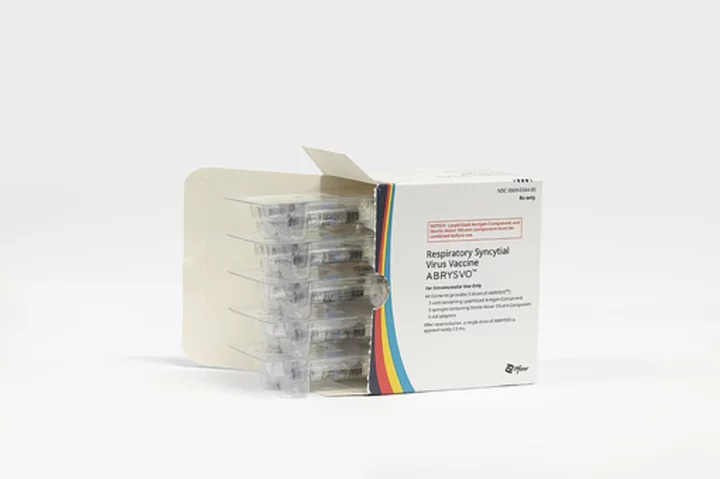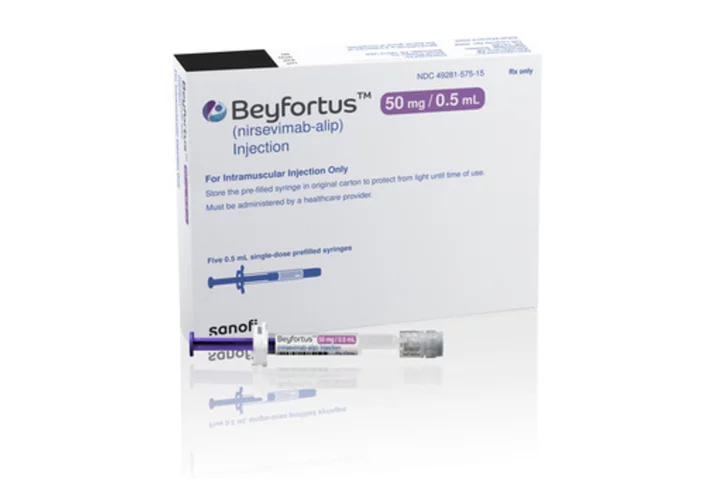New findings have suggested that adding sensors to supermarket trolleys could save people’s lives.
Scientists investigated whether installing electrocardiogram (ECG) sensors – designed to check the heart’s rhythm – on the handles of supermarket, trolleys could identify shoppers with atrial fibrillation, which causes an irregular and often abnormally fast heart rate. The sensors would detect heart conditions that put them at increased risk of stroke.
The researchers said that over the course of two months, they identified 39 people who were unaware that they had the condition.
Ian Jones, professor of cardiovascular nursing at Liverpool John Moores University, who led the study, said: “That’s 39 people at greater risk of stroke who received a cardiologist appointment.”
He added: “This study shows the potential of taking health checks to the masses without disrupting daily routines.”
It is estimated that around 1.5 million people in the UK have atrial fibrillation, contributing to one in five strokes.
The condition is treatable, but at least another 270,000 people in the UK remain undiagnosed and unaware, according to the British Heart Foundation.
Sign up for our free Indy100 weekly newsletter
There are wearable devices that can also spot irregular heartbeat but this would also require people to take responsibility and wear the device.
Professor Jones said: “Nearly two-thirds of the shoppers we approached were happy to use a trolley, and the vast majority of those who declined were in a rush rather than wary of being monitored.
“This shows that the concept is acceptable to most people and worth testing in a larger study.”
He added: “Checking for atrial fibrillation while people do their regular shopping holds promise for preventing strokes and saving lives.
“A crucial aspect is providing immediate access to a health professional who can explain the findings and refer patients on for confirmatory tests and medication if needed.”
The findings were presented at ACNAP 2023 conference organised by the European Society of Cardiology (ESC).
Have your say in our news democracy. Click the upvote icon at the top of the page to help raise this article through the indy100 rankings.









